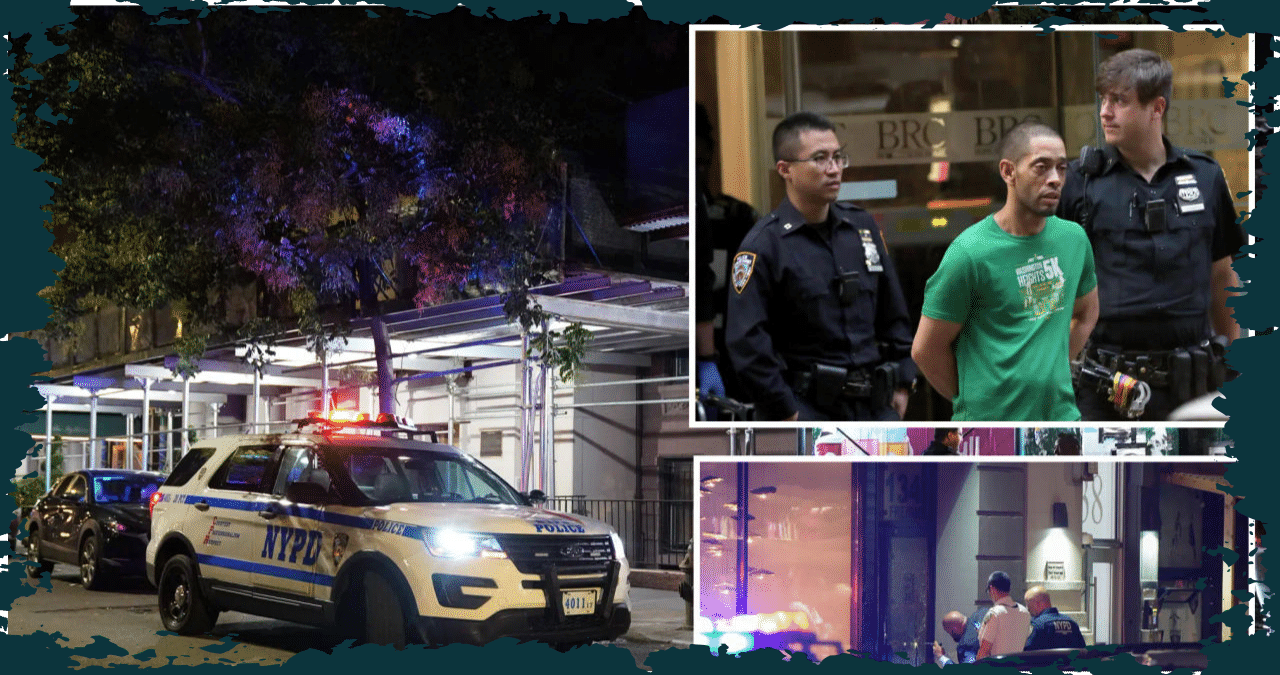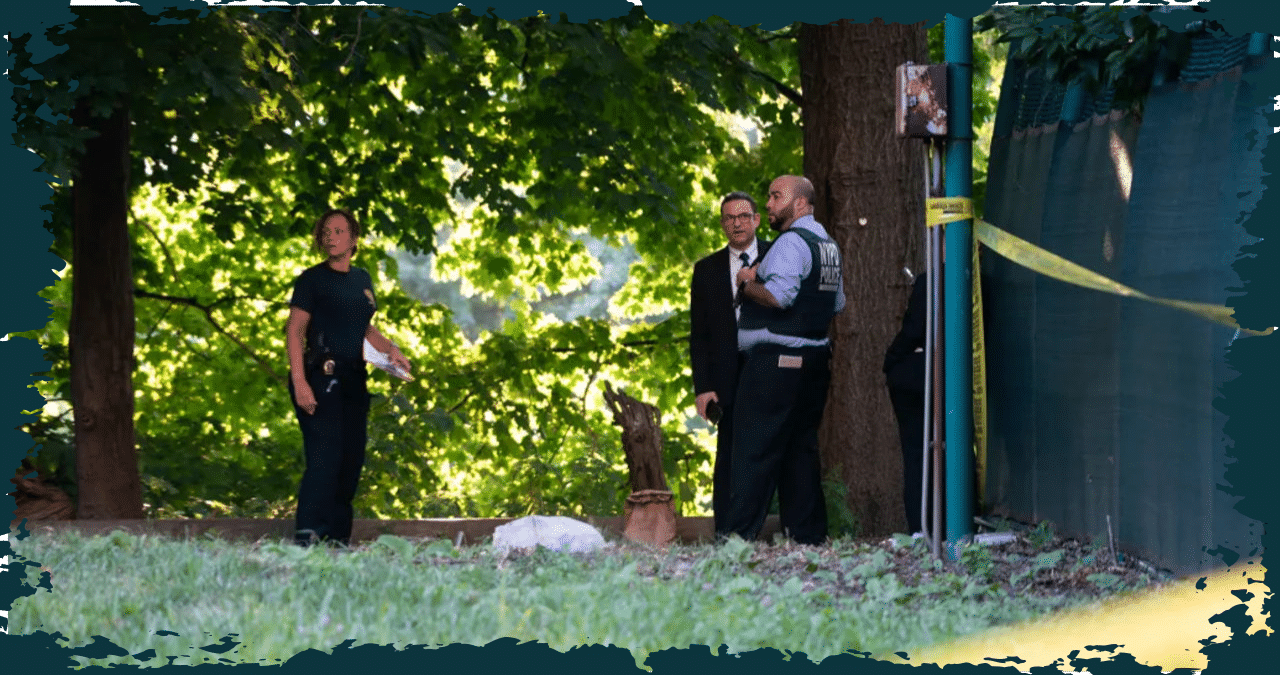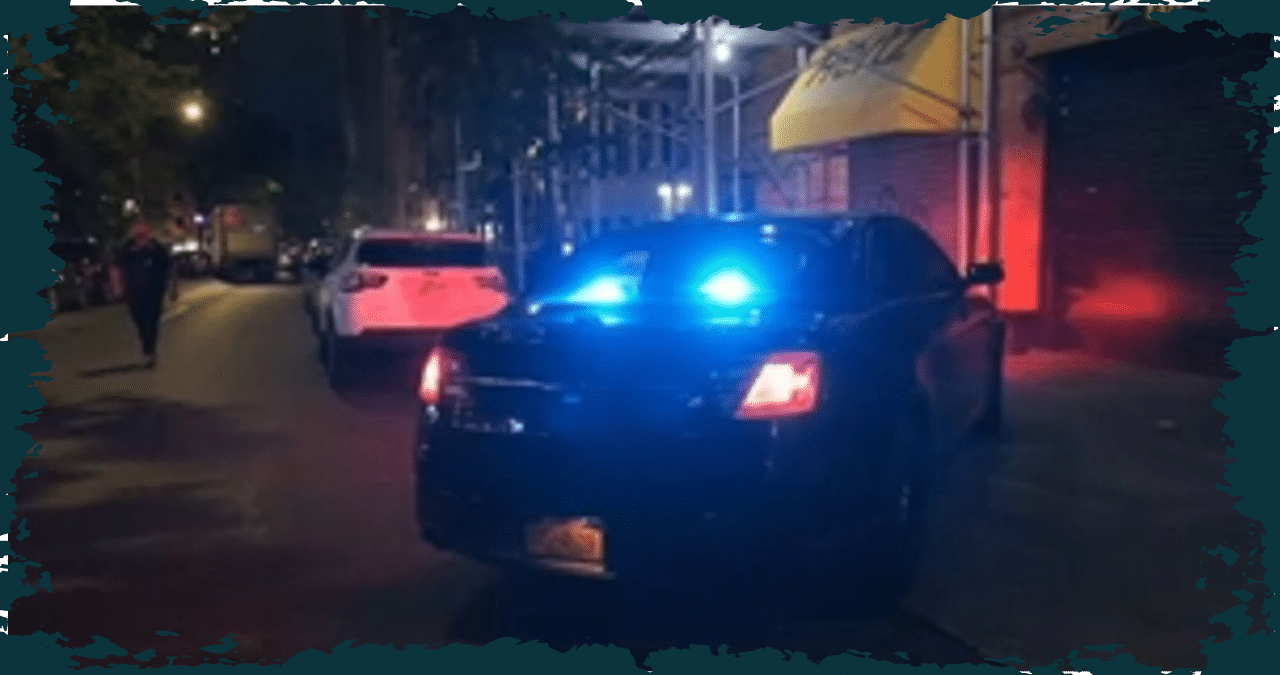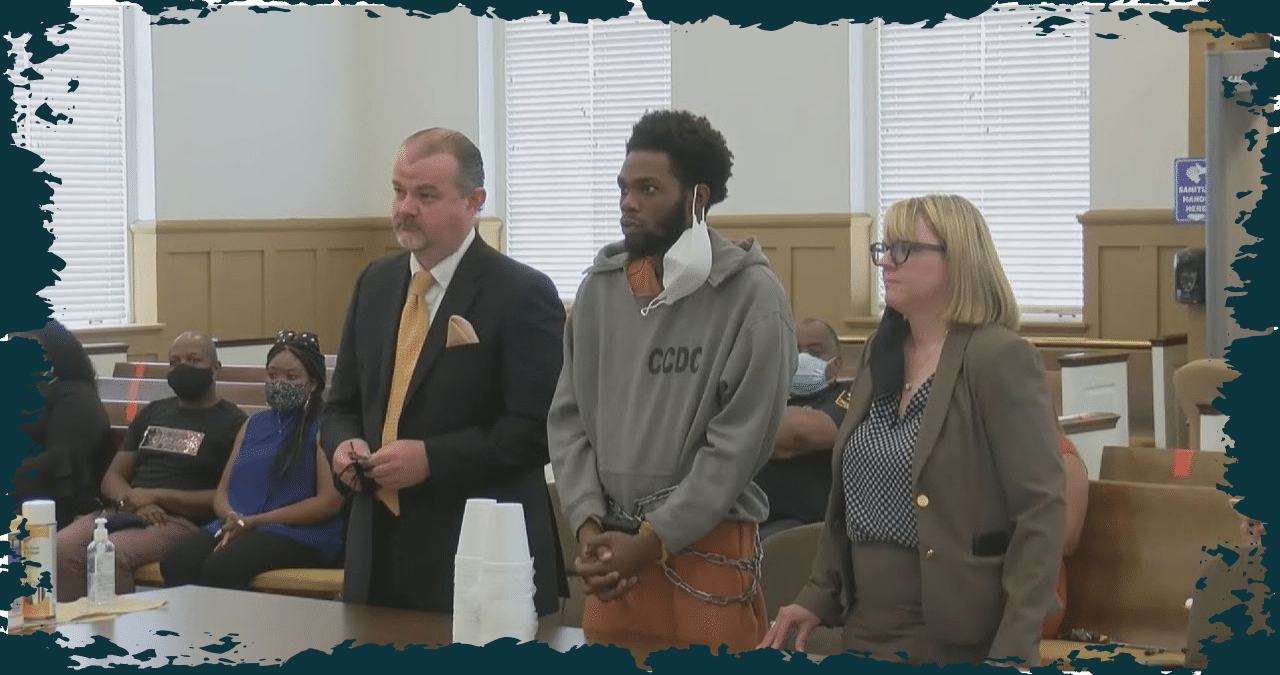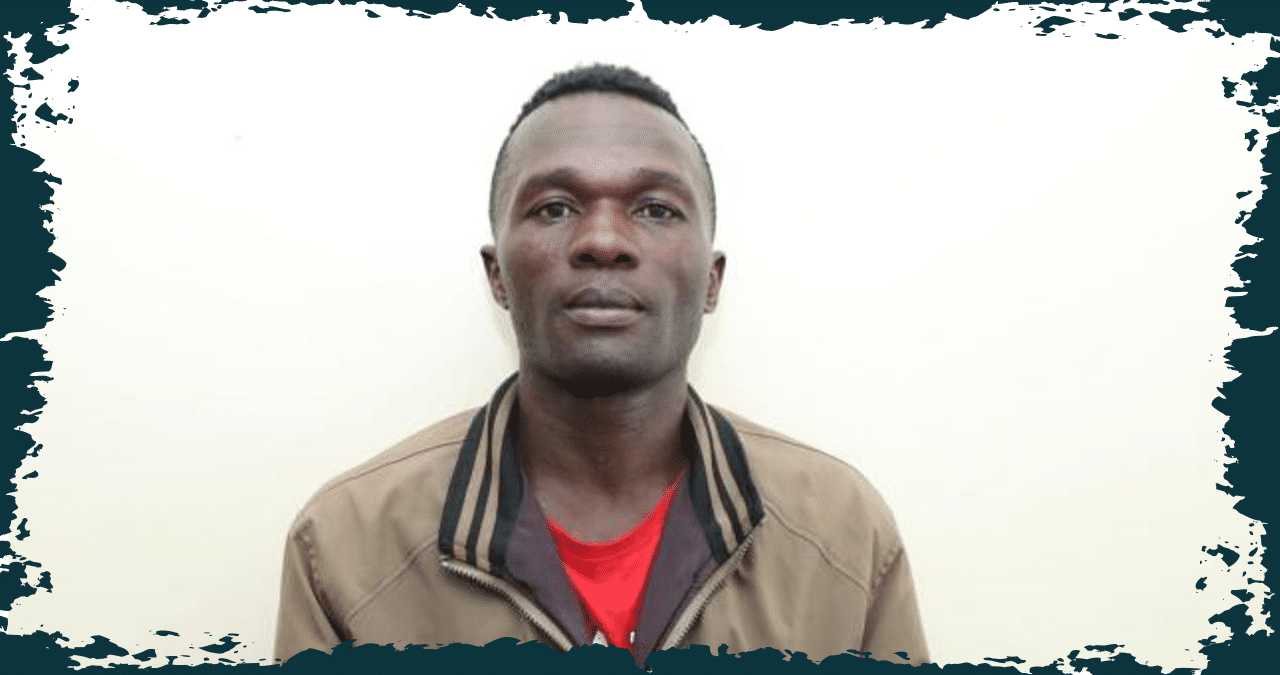New York City’s homeless and migrant shelters are seeing a 100 percent increase in arrests so far this year, alarming neighbors who are increasingly experiencing violence in their neighborhoods.
According to NYPD data, cops made 836 arrests at shelters around the city between January 1 and March 31, the most for any quarter since at least 2018, with 272 felony busts and 573 misdemeanors. In the same period in 2023, there were just 418 arrests at shelters, with 160 felonies and 258 misdemeanors.
The 25th Precinct, which includes East Harlem and Randall’s Island, home to the city’s massive 3,000-bed tented migrant camp, experienced a staggering 295 percent increase in arrests, with 83 during this period compared to only 21 in 2023.
Residents told The Post that the Randall’s Island shelter has served as a breeding ground for cruel and random violence.
“It’s a shitshow over there, and the city has no plan,” said financier John, 67, who travels to the island every morning from his Upper East Side home.
A few months ago, a migrant on an e-bike sucker punched a finance worker in the back of the head as he crossed the footbridge onto the crime-ridden island. He added that the other day, a friend and his wife were walking in front of the tent city when a thug on a bike slapped the woman out of nowhere.
“There’s a lot of crime,” he added. “A police officer here once informed me about sexual assaults and other incidents that go unreported.”
A fatal stabbing occurred in the tent city in January, involving a migrant and a woman. The following month, authorities and the raucous inmates of the shelters engaged in a huge battle, leading to the arrest of two migrants for assaulting a security guard just days later.
Meanwhile, police figures show that significant crimes in the precinct have increased by roughly 14% this year. Murders have climbed by 50%, from four to six; felony assaults have increased by approximately 25%, from 204 to 254; and grand larceny has increased by nearly 15%, from 235 to 270.
“That s-t is bad,” East Harlem resident Malcom Warner, 28, said of the mayhem flowing into neighboring streets from across the bridge. “It’s come to the point where the elderly can’t sit outside and enjoy themselves. They are concerned about being attacked.
According to a front-page report by The Post last week, the 108th and 114th Precincts in Long Island City, which has a city-leading 23 migrant shelters, saw a 100% increase in shelter arrests from 9 to 18 and a 64% increase from 11 to 18, respectively, during this year’s first quarter.
“It’s affected the staff, including us, which is something we just have to deal with and live with,” said Doug Gleiber, 51, who owns a wooden box-making business in the neighborhood with his father.
Gleiber recalled that one of his employees nearly quit due to harassment from migrants who were upset that she had accidentally tapped one of their mopeds with her automobile.
“The guys were screaming at her…” “They got angry and kicked her car,” he stated. “She has been here for more than 10 years, and she felt so much anxiety that she would have to go out here and be amongst this.”
According to the Office of Management and Budget, the city has cared for 207,000 migrants since spring 2022, paying taxpayers $4.88 billion as of May. An average of approximately 65,000 migrants have been in the city’s care in recent months, pushing the overall homeless shelter population to 119,300 as of March 31, up from 82,200 a year ago, according to officials.
“Crime at shelters is skyrocketing due to disastrous decarceral policies that flood our streets with criminals, the warehouse-style shelter system, and the constant flow of violent migrant gang members crossing our border,” Bob Holden, a Queens councilman, said.
“This lunacy is transforming neighborhoods into crime-ridden zones, and New Yorkers are paying the price with their safety and taxpayer dollars.”
William Fowler, a mayoral spokesperson, said the increase in arrests was unsurprising considering the city’s shelter population had grown in response to the ongoing migrant crisis, but he argued the facilities were among the safer options for the homeless.
He stated, “Like any other expanding population, we anticipate an increase in arrests at our shelter sites as the number of individuals rises.” “”But our shelters still remain a much safer alternative to sleeping on our streets or in the subway system.”
He clarified that NYPD shelter arrest data may include arrests that occur on the street at or near a shelter, as well as those involving people arrested at one of the housing facilities for crimes that did not occur there.
When asked about neighbors’ continued fears that migrants sleeping in city-run shelters were a cause of escalating crime in their neighborhoods, Fowler cited Mayor Adams’ recent statement claiming that overall crime had decreased across the five boroughs over the previous six months.
Non-migrant shelters, such as the VIP Community men’s shelter, which opened in March on East 123rd Street, also have crime problems.
“When they first opened that up, cops were coming every day,” Ty Johnson, 34, an overnight maintenance worker at the shelter, stated.
“You can’t put these guys in areas that are drug-infested already; it’s not going to work,” Johnson informed the crowd. “If these shelters were in certain areas, such as back blocks, the crime would be lower because they’d be away from people.”
Authorities report that last month, a city Department of Homeless Services-referred shelter resident managed to sneak a razor blade into the facility and slashed five men, all of whom required hospitalization.
Residents described the horrific incident as a stark reminder of the dangers they confront within the tinderbox housing complexes, many of which include drug addicts and mentally ill people.
“When you’re sleeping, you’ve got one eye closed, one eye open, because you never know what’s going to happen,” says Francisco Albino, 55, who lives in a room with 10 other men and relies on his 6-year-old Yorkie, Tommy, for protection.
“They do not control how the population. They have gathered individuals with mental illnesses, also known as the insane.
